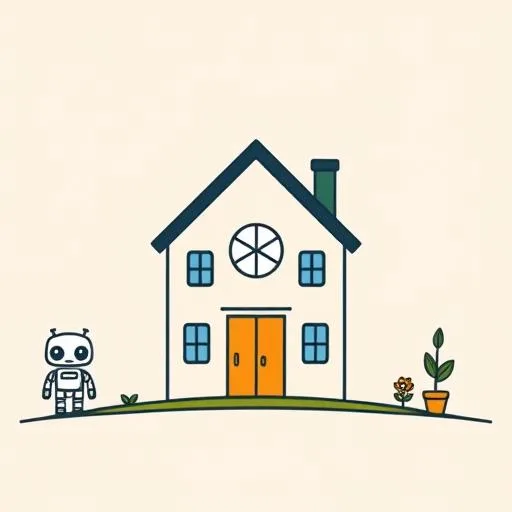
Remember when learning to use a computer felt like unlocking a whole new world? Well, buckle up—because AI literacy is that next game-changing leap, transforming how our kids explore, play, and imagine their futures. From kindergartners tinkering with friendly robots to high schoolers coding ethical AI solutions, this isn’t just another tech trend—it’s reshaping what it means to be prepared for tomorrow. And as parents, we’re right there with them, learning alongside!
What Is AI Literacy—and Why Should You Care?

So, what exactly is AI literacy? It’s more than just knowing how to ask a chatbot for homework help—AI literacy is about understanding how these smart tools work, when to use them, and how to do it responsibly. Think of it like teaching kids to cross the street safely: we don’t just tell them to look both ways; we explain why it matters. Similarly, AI literacy blends technical know-how with critical thinking and ethics, so our children don’t just consume technology—they shape it. According to recent frameworks, it covers everything from functional skills (like using AI tools creatively) to ethical considerations (like spotting misinformation or understanding privacy). And with industries from healthcare to marketing leaning into AI, these AI literacy skills aren’t optional—they’re essential for future careers and everyday life.
How might we frame AI not as a distant concept, but as a daily tool for creativity and connection in our family’s life?
How Are Schools Teaching AI Literacy—And Why Parents Matter?

Schools worldwide are waking up to the need for AI literacy, integrating it into K-12 education with frameworks that emphasize creativity, critical evaluation, and ethical use. For younger kids, that might mean playful tools like PopBots or Scratch to make AI fun and understandable. For older students, it could involve coding with Python or debating real-world AI dilemmas. But here’s the kicker: teachers need support too! Training helps educators guide students confidently, turning AI from a mysterious black box into a collaborative learning partner. And as parents, we’re part of this AI literacy journey—whether it’s chatting about AI ethics over dinner or encouraging curiosity when our kids experiment with new tools. After all, learning doesn’t stop at the classroom door!
What small, everyday conversations can we start to bridge school learning with home values around technology?
How Can You Nurture AI-Ready Kids at Home?

So how can we foster this literacy amid busy family life? Start with balance—blending screen time with hands-on exploration. Why not try a family “AI detective” game where everyone guesses whether an image or story was generated by AI? Or use apps together to plan a family outing, seeing how AI suggests routes and activities, then discuss what makes those recommendations helpful (or not!). The goal isn’t to turn our homes into tech labs but to weave critical thinking and creativity into everyday moments. Emphasize values like kindness and responsibility—like reminding kids that behind every AI tool are people making choices, and our choices matter too. Little by little, these conversations build resilience and curiosity, equipping our children to navigate a tech-rich world with confidence and heart.
Quick Tip: Keep it playful! AI literacy grows best when it feels like an adventure, not a lesson.
What Does the Future Hold for AI Literacy?

As AI continues to evolve, one thing is clear: our kids aren’t just future users of technology—they’re future shapers of it. By grounding AI literacy in empathy, ethics, and joy, we help them see tech as a tool for connection and creativity, not something to fear. Schools are laying the foundation, but families reinforce it with shared values and wonder. It’s those lightbulb moments—seeing their eyes light up with curiosity—that remind us this journey is about more than skills; it’s about nurturing hearts ready to make a difference. Together, we’re nurturing a generation that doesn’t just adapt to change but leads it with heart and smarts. Now that’s a future worth getting excited about!
Source: AI Literacy Is The New Digital Literacy: What Schools Should Teach, Elearning Industry, 2025/09/06 19:00:55
